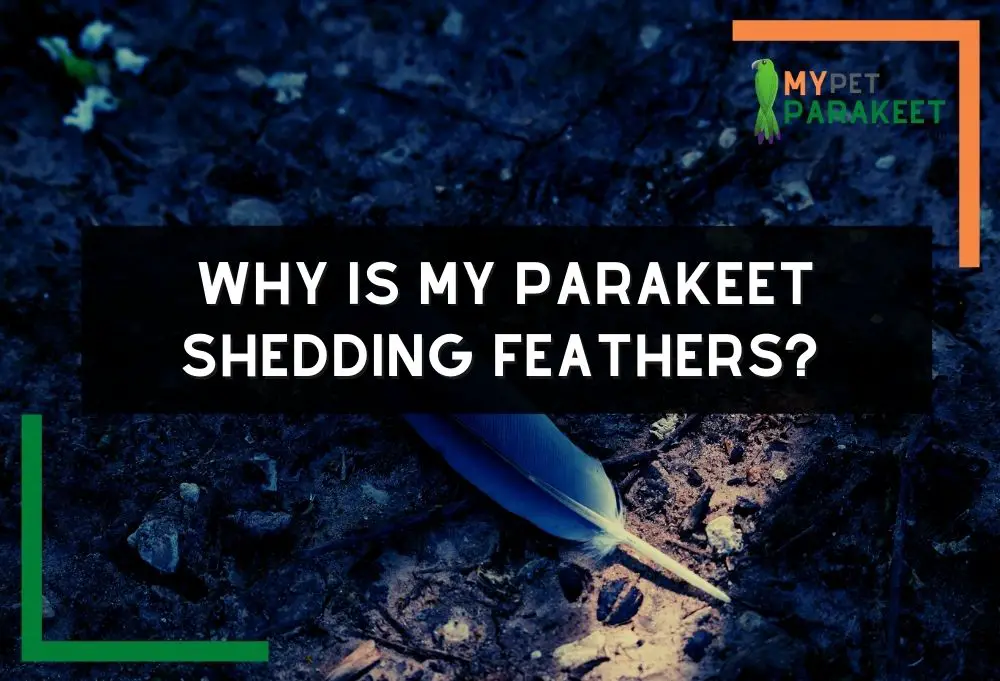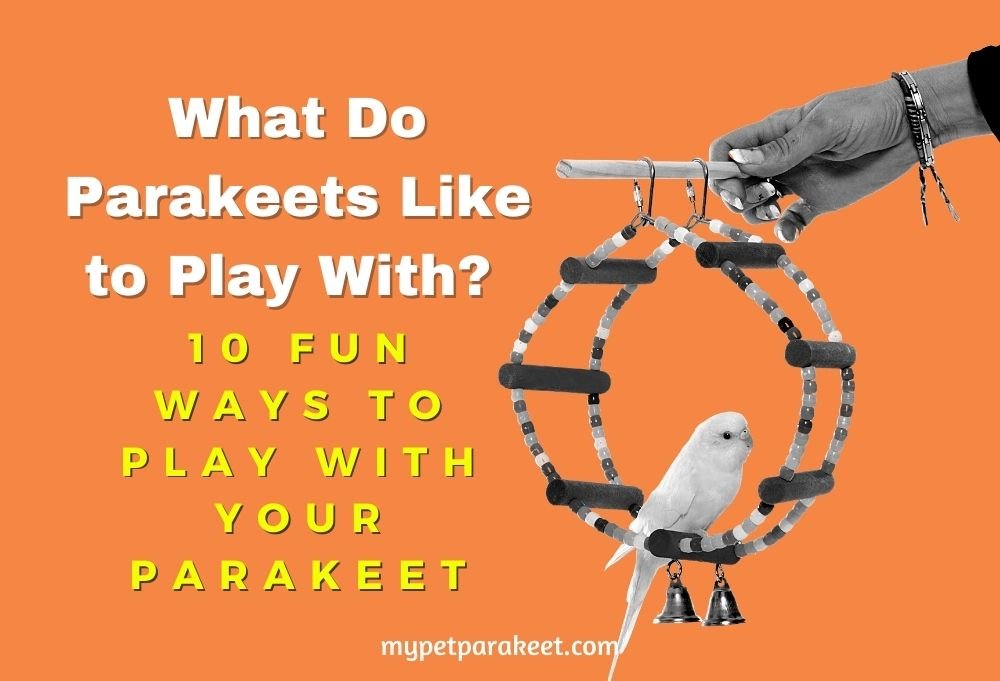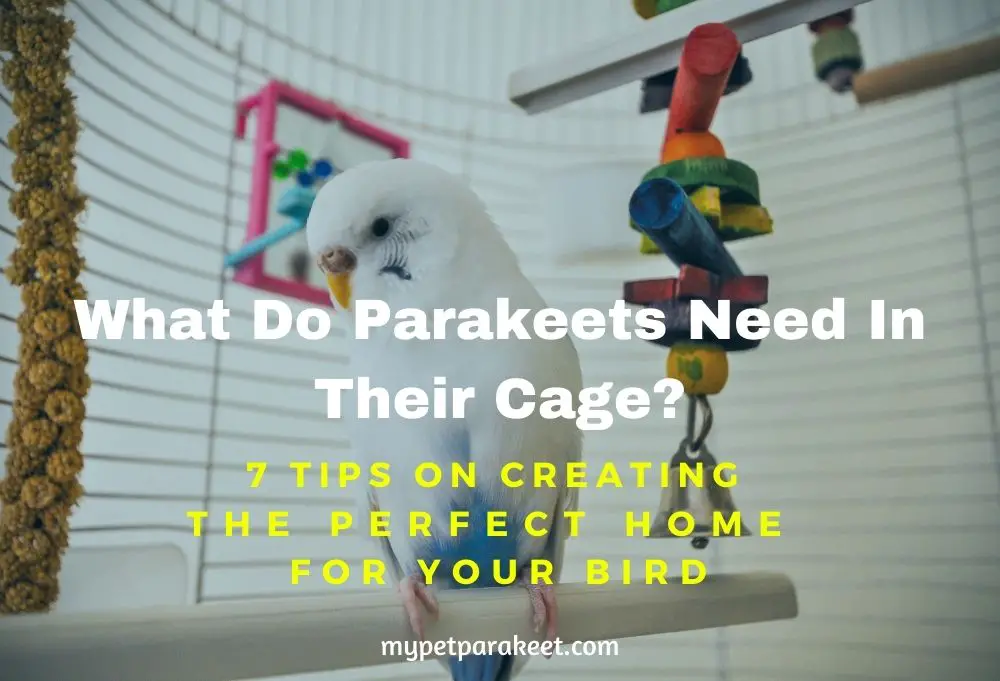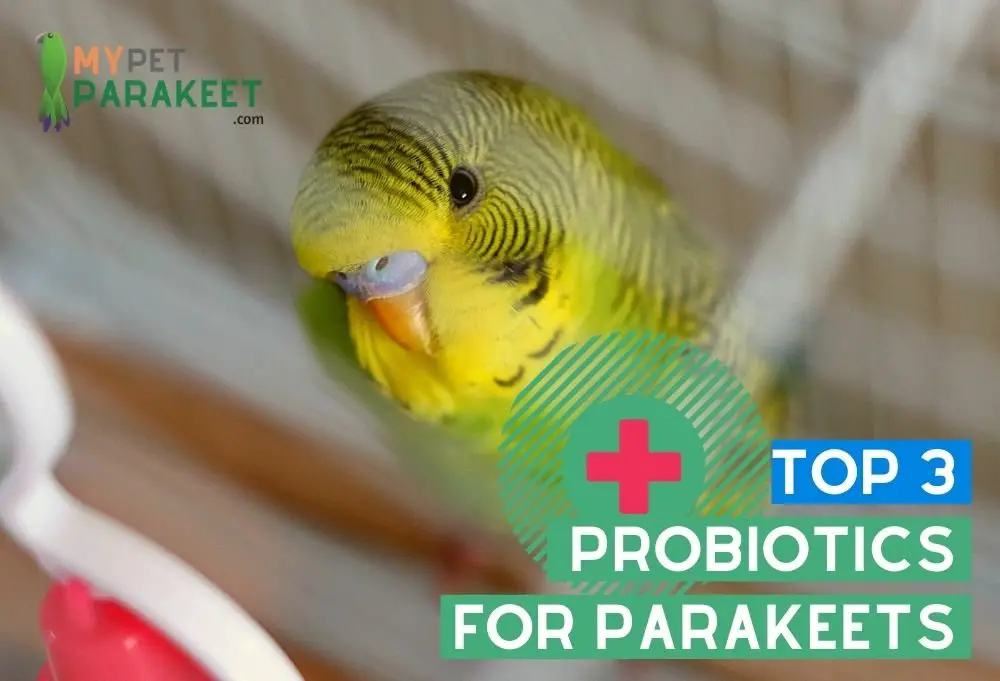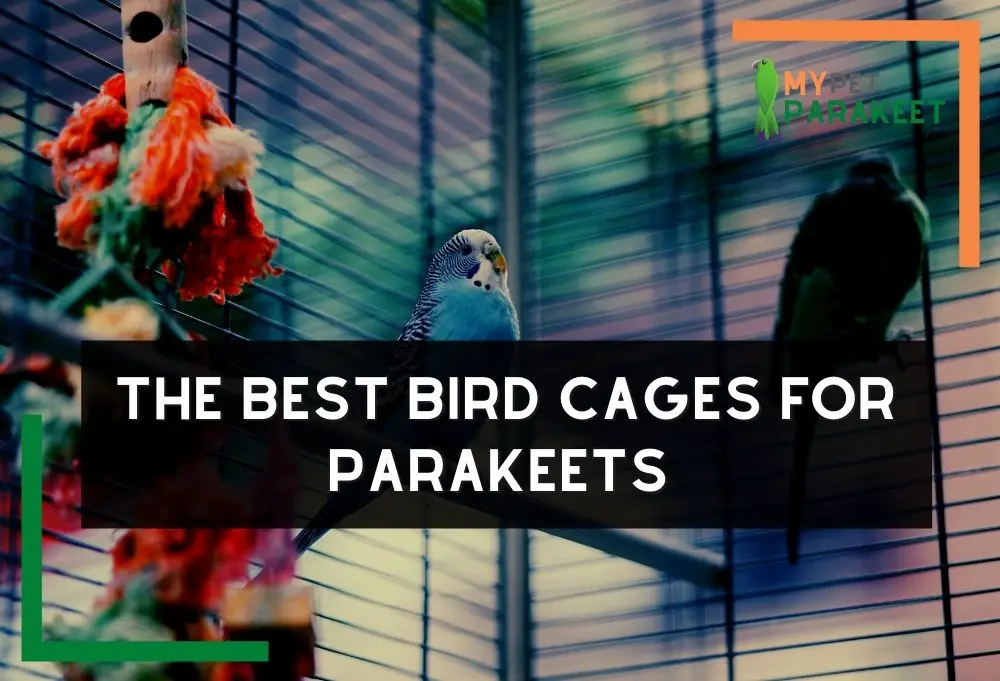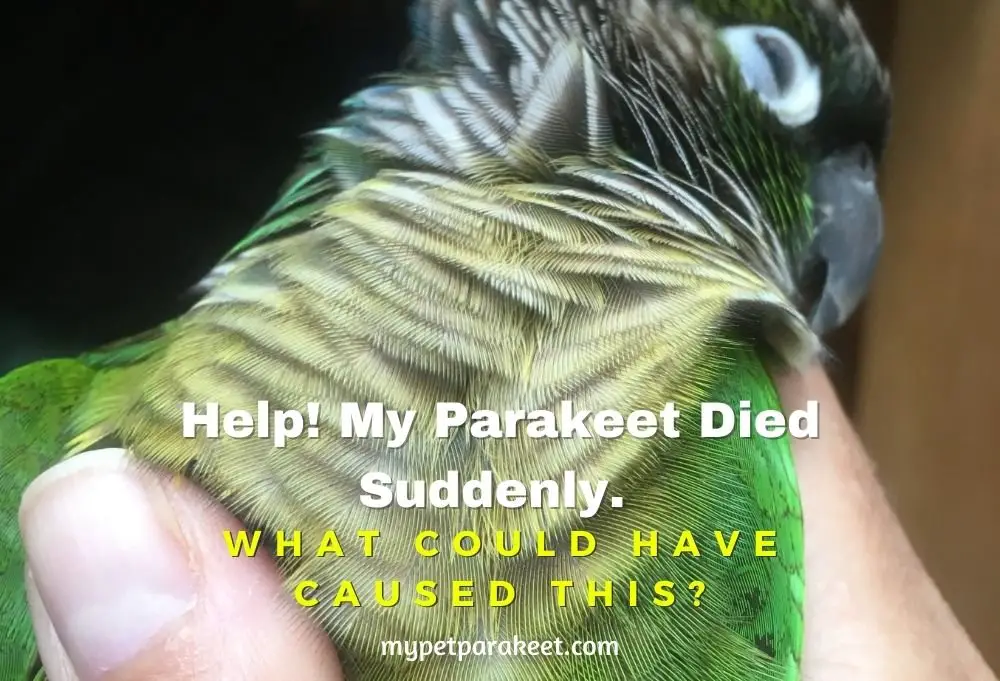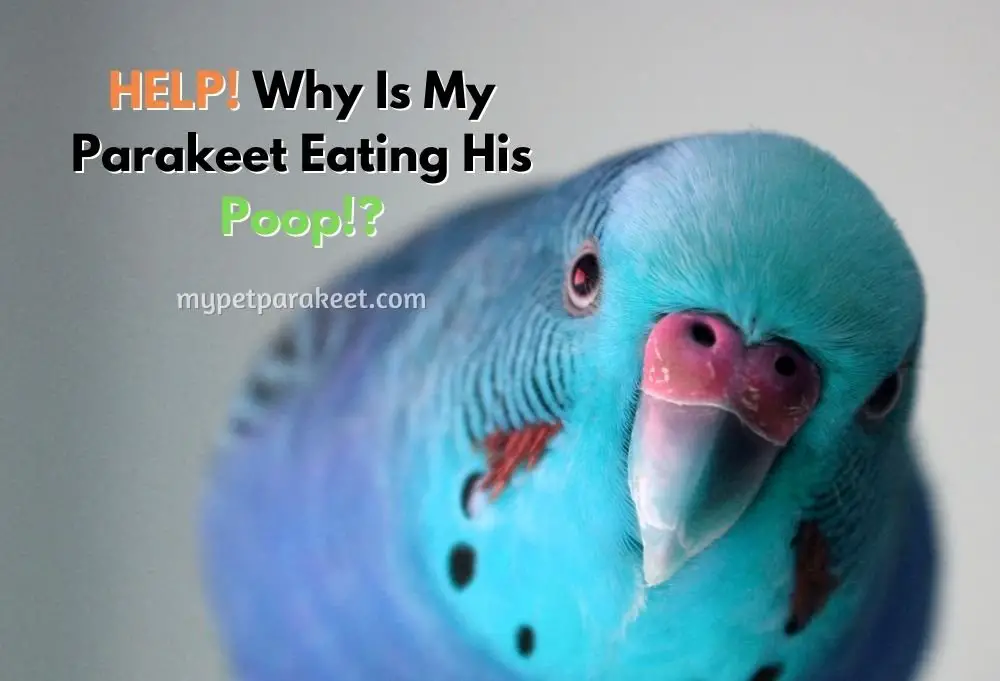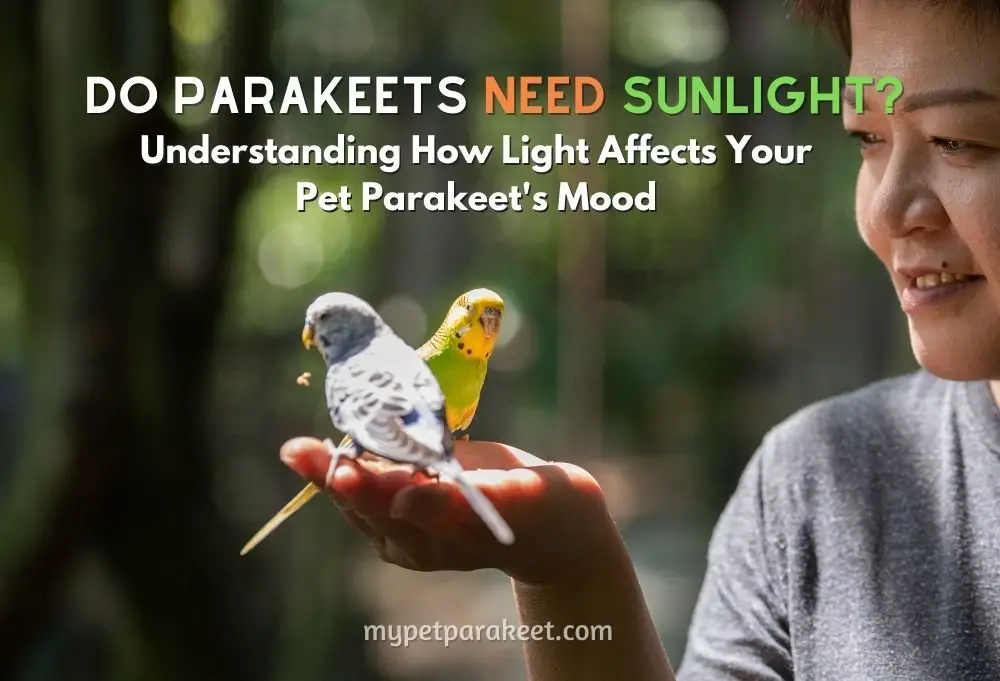Help! Why Is My Parakeet Shedding Feathers?
It's parakeet molting season! Molting parakeets will often be on the lookout for new and more comfortable feathers to wear. If your parakeet is molting, you may notice bald spots in its wings or head. Some parrots have been known to drop their tail feathers as well. Here are some things you should know about parrot molting: what it is, why it happens, when it occurs, and how to help your bird cope with this natural process of shedding old feathers for new ones.
Does It Hurt When My Parakeet Sheds It's Feathers?
Feather shedding is a normal process of parakeet health.
It's normal for a bird to replace its feathers about once every year (or sometimes more, depending on the condition of the feather). This is done to protect against diseases and wear from chewing/biting that may injure it. Even though they look soft, your bird's feathers are actually fairly durable – made up mostly of keratin protein to defend against parasites such as fleas or lice.
Feathers do not have nerves inside them to cause pain. So, no, It does not hurt. However, when the new feathers (pin feathers) begin to poke through, this could be both itchy and irritating for your parakeet.
Other Reasons For Shedding Feathers
Although molting is the most likely reason for parakeet feather loss, there are other possible reasons you might want to consider.
- Not enough protein in its diet
- Not getting enough sunlight
- Too much stress
- Toxic elements in the cage
- Other nutritional deficiency
Not enough protein in its diet
If your parakeet only eats seeds, there may be too little protein in its diet. This can cause the parakeet to lose feathers when it molts because a lack of protein will weaken new and existing feathers.
So make sure your parakeet is eating foods such as fruits, vegetables or nuts that contain high levels of proteins.
Not getting enough sunlight.
Parakeets do need some natural light each day to produce enough vitamin D to maintain healthy feathers and skin oils, so make sure your parrots are not kept in a dark room or cage all the time.
If possible, put the cage outside during the daylight hours for at least an hour daily. This will also help birds that spend most of their time outside to get some vitamin D and maintain good health.
Too much stress.
Birds can become stressed from too many people handling them or being around loud noises such as music or sirens, which parrots don't like.
Giving your parakeet a more serene environment with fewer disruptions is one way to help reduce stress and parakeet feather loss.
Toxic elements in the cage.
The environment your parakeet lives in is very important to its health, so make sure there are no toxic elements such as lead paint or mercury fumes that might be causing an illness or respiratory issues that would result in parakeet feather loss.
Even if there is nothing toxic directly in the cage, chemicals such as air fresheners and deodorants used within proximity to your bird's cage can be toxic and irritate your bird's respiratory system, causing parakeet feather loss.
Conclusion: New feathers!
After molting, parrots will be sporting new and shinier feathers that are stronger to protect against wear from chewing or biting. This is the perfect time to give your parakeet a bath for some extra TLC! You can also provide a cuttlebone for birds who are molting, as parakeets will need something to help their new feathers grow in strong and healthy
Offer a range of fresh foods with different nutritional content, such as fruits and vegetables along with seeds that are good sources of protein. This will help to maintain parakeet health and lessen the chances of premature parakeet feather loss.
Keep your parrot's environment as serene as possible with minimal disruptions, such as loud music or people handling them often.

